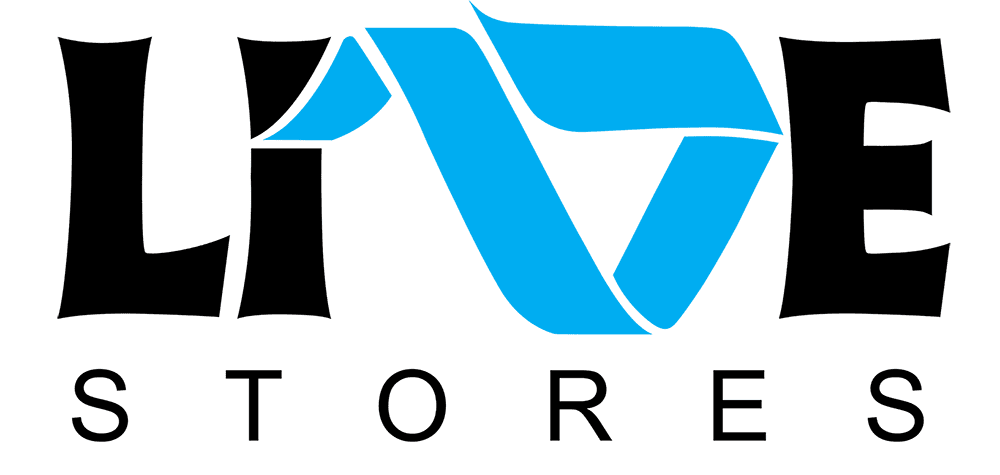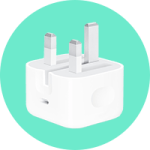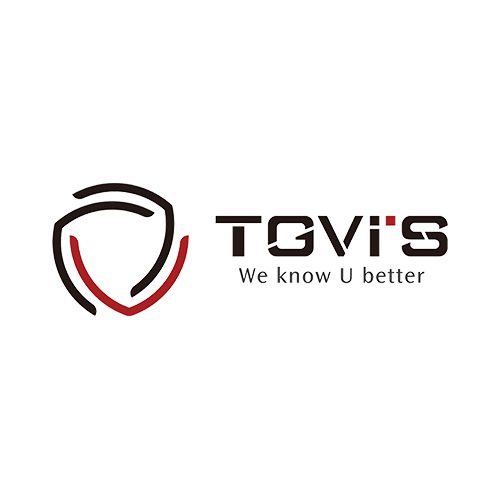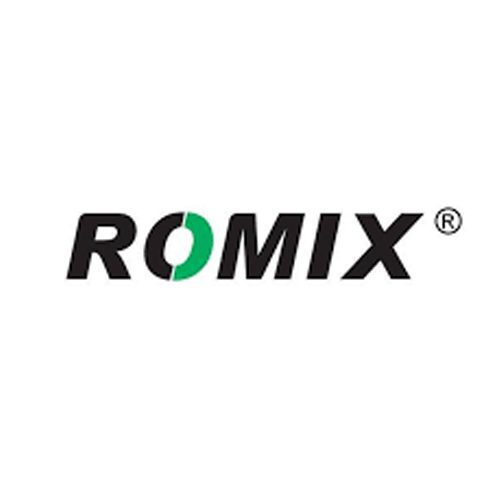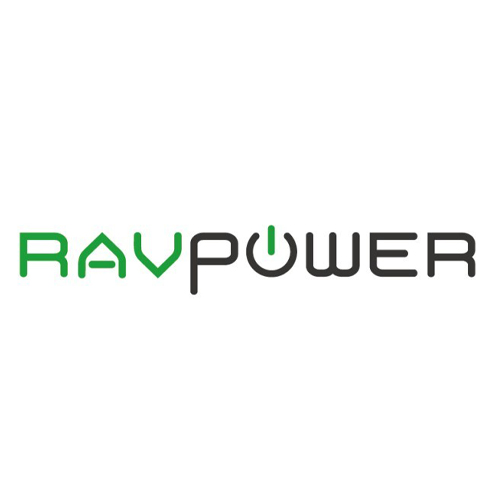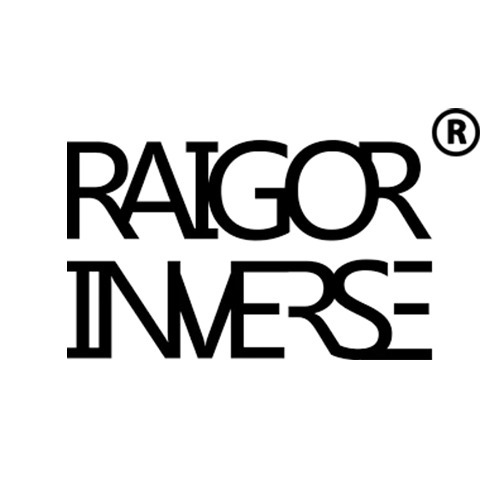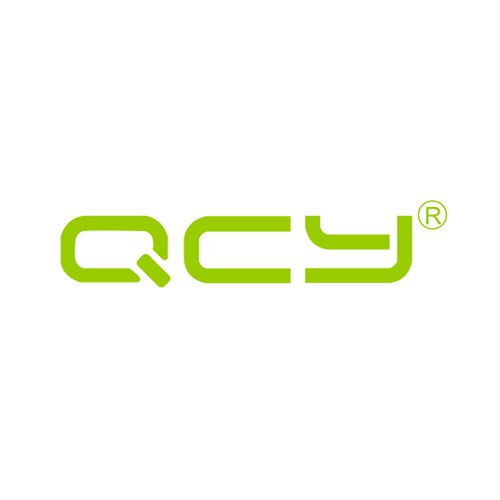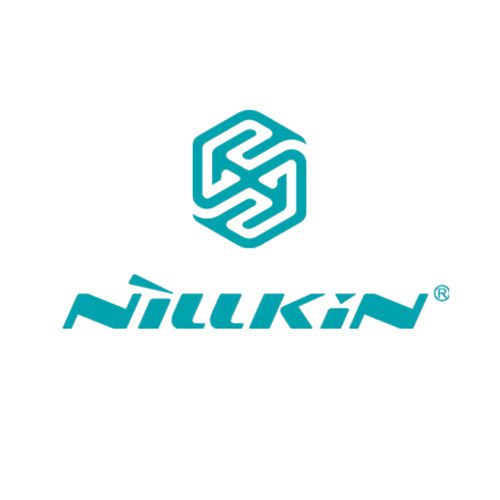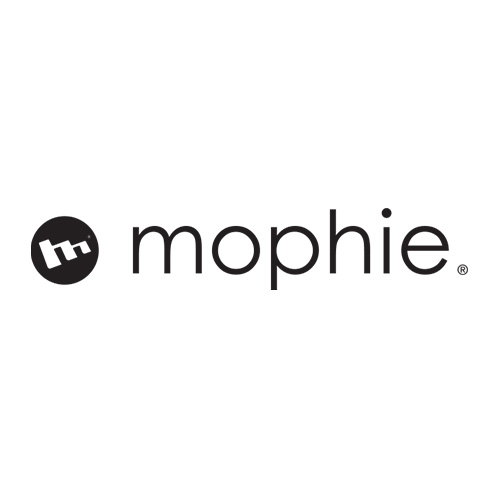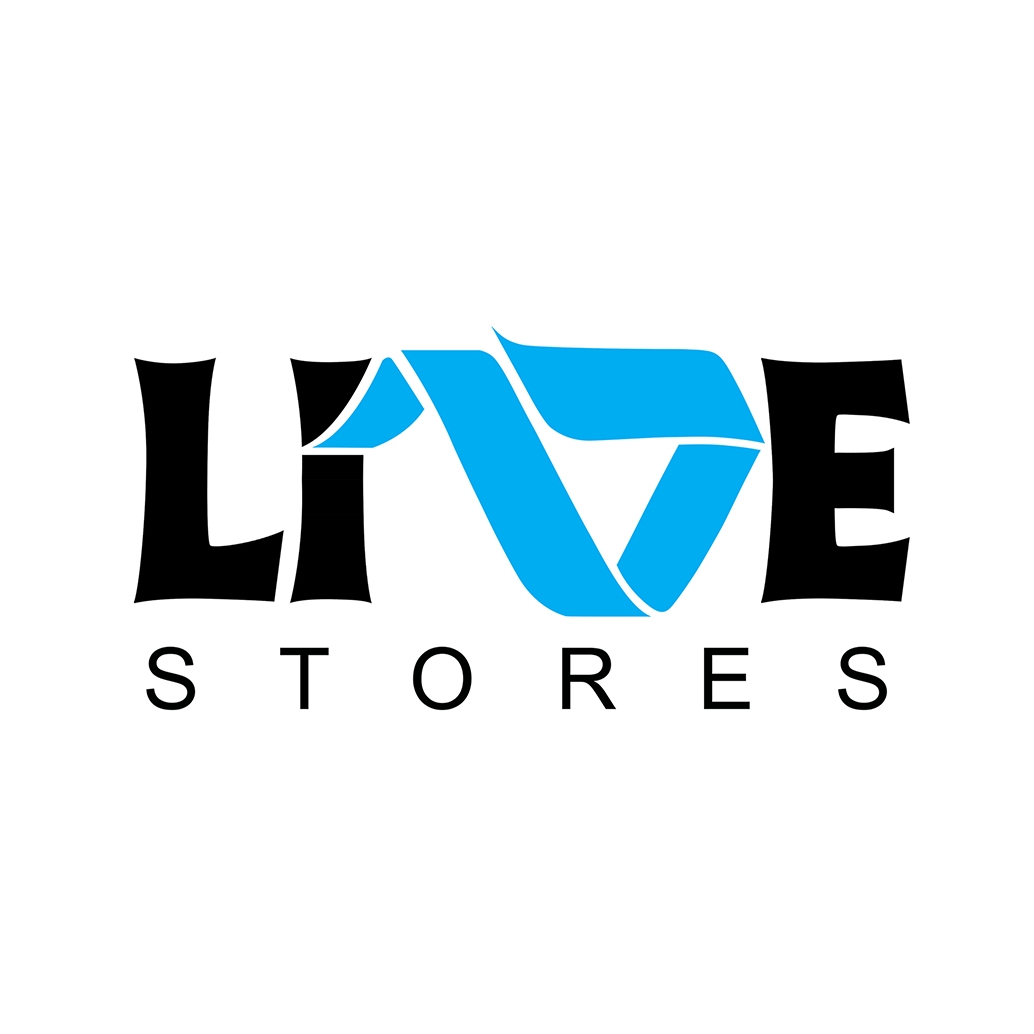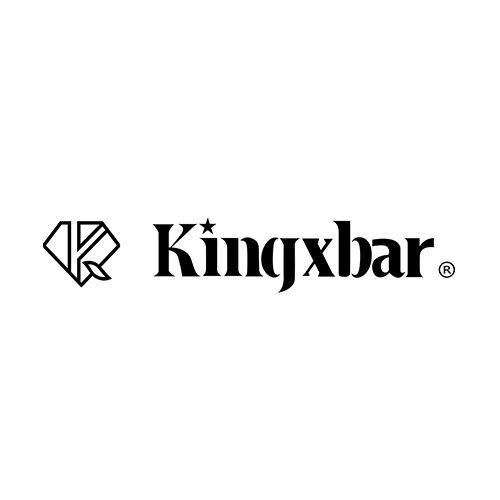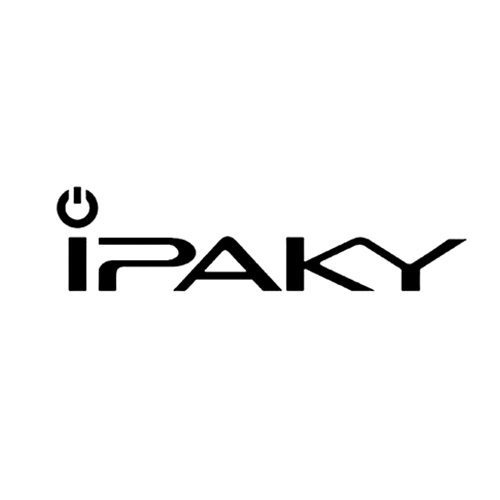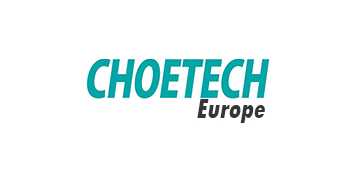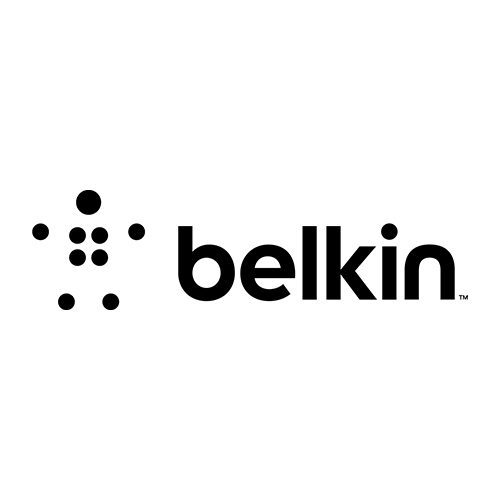10 Work-From-Home Jobs That Dont Require Experience
While 52% of respondents worked in an office every day before the pandemic, only 2% want to return to the office full-time. In fact, 68% of respondents clarified they want to work from home either most of the time, or every day. If you’re comfortable talking with people and finding solutions, you already have the experience required to succeed in this job. In most cases, the employer will provide you with the computer equipment you will use while working from home to respond to calls or messages from customers needing assistance. Employers also typically offer training, along with a script you use to reply to common questions.
There are so many great ways you can use social media, and one of these is to help you find some work experience. In the first instance, you could put out a post to your friends and connections letting them know you’re looking for some remote work experience. Though they might not be advertising remote (or even office-based) positions at that time, they might be open to creating a work experience position for you, even if it’s just for a few weeks.
Subtitle Videos for ESL Employees
These positions with local or regional companies are great opportunities to earn while working flexible hours. But remember that your resume is just the start for presenting yourself as a solid candidate for a remote position. Employers want to see that you’ve been successful and https://remotemode.net/ accomplished while working remotely. They may want to know if you were the sole remote worker in a previous role, or if the whole company worked remotely. And they may also be curious about what your home office setup is like, but that information can be conveyed in an interview.
- It also reduces the chances of remote workers being overlooked for promotions and helps your whole team collaborate better – knowing someone is a master at something helps connect people to the right skills.
- This creates transparency, helps everyone work more efficiently, and equips everyone with the tools they need to do their job.
- A second goal of the survey was to learn people’s favorite benefits of remote work.
- Logan Mallory, VP at Motivosity emphasizes the importance of recognition and reward in delivering a great remote experience.
- Research proves time and time again the positive impact remote work can have on both employees and businesses.
For example, if you are going to be working remotely it’s important that you are self-motivated, organised and able to communicate effectively. And though that doesn’t mean you’re not a part of a team, remote employers expect you to be independent. It’s not so easy to pop into your boss’s office or your coworker’s cubicle to get an answer to a question when you’re separated by miles and time zones. Creating positive employee experiences has never been easy, and it is more complex than ever post-COVID-19. The pandemic, and its accompanying workforce disruptions, were felt strongly by many organizations.
Link to this headingDeveloping my working environment
In a recent survey on employee experience, 40% of respondents reported a decline in engagement, and 37% said their culture was negatively impacted. It comes down to the virtual environments we work in—our remote work tools. Today, we’ll https://remotemode.net/blog/how-to-describe-your-experience-working-remotely/ discuss what employee experience is, why it matters, and how our tools create it in a remote-first world. In light of recent social distancing measures, Zoom has become an increasingly important source of information for many employees.
- Today, employers need to create a good employee experience with a radically different toolkit—and many are learning to do so completely on the fly.
- “Candidates should demonstrate an awareness of how caustic conflict can become if unresolved in a remote environment,” Leech says.
- Wherever people feel disconnected, undervalued or disadvantaged, “remote” just won’t work.
- But finding remote work experience opportunities can feel a little harder than looking for traditional roles.
2020 was quite the year and it introduced many unique challenges that continue to shape our world. Of these challenges, the COVID-19 pandemic is by far having one of the greatest impacts on our lives. Since the virus first appeared, many industries have experienced a significant shift in how they work. Both companies and schools have been forced to dive headfirst into remote working. When you consider the benefits of remote working it quickly becomes obvious why – telecommuters report higher levels of job satisfaction, substantial financial savings and increased productivity.
How to build an effective remote employee experience
It’s also easy to get sucked into doing just one load of laundry when you know your boss isn’t going to walk by and ask you why you haven’t turned that report in yet. Plus, you don’t have colleagues sitting all around you to serve as positive peer pressure to keep working or to provide a sense of camaraderie that keeps you going. So hiring managers will want some assurance that you’ve got a grasp on how to push through the inherent distractions and distance of remote work. This might feel like a conversational ice breaker question, but it’s one you need to answer thoughtfully. The hiring manager is trying to gauge your level of interest in and comfort with taking on a fully remote role.
